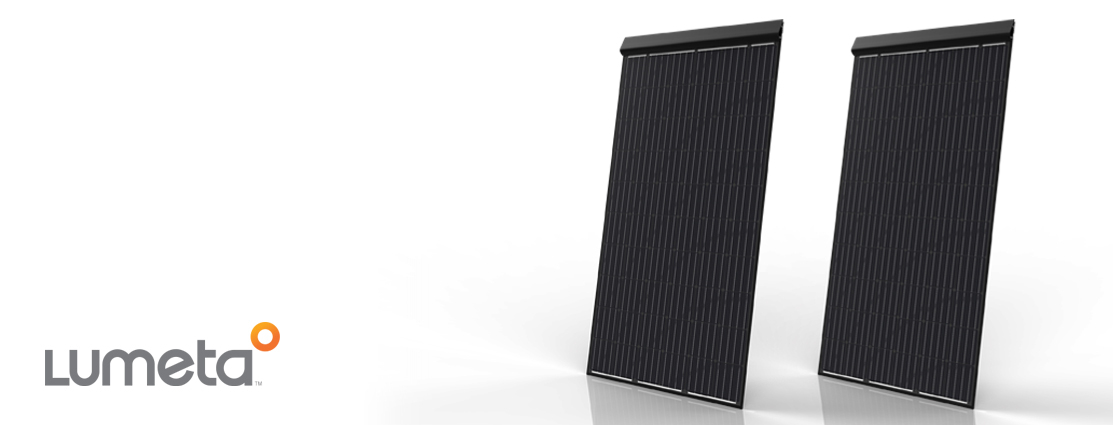The main disadvantage of traditional solar panels is the high cost of installation, a consequence of not only the investment required but also the installation process, which requires large well-supported surfaces, not always present in all buildings. The result of this is that many individuals and companies have still not committed to this type of energy even though it is more sustainable and economical in the medium term. Nevertheless, as we have seen before, the energy transition is advancing rapidly as it aims to bring renewable energy sources closer to everyone.
This is the origin of the project that we present in today’s post: adhesive solar panels that require no installation.
The company Lumeta has developed solar panels with the easiest installation system in the world: simply remove the paper backing and stick the panel to the surface of the existing roof. Not only does this revolutionary system lead to faster installation, it also causes less stress on the roof as the modules are fixed down with industrial-strength tape, lightening the load of a traditional installation.

Advantages of adhesive solar panels
These innovative panels incorporate patented and tested technologies that provide maximum efficiency for users. Designed to be easy to install and reduce costs, here are some of the main advantages of these panels over traditional solar panels.
Ease of installation: the panels weigh less than 12 kg, half the weight of traditional panels, which, together with the adhesive system, makes installation easier.
Cost: although currently still an expensive product, a result of the system being new on the market, installation and labour costs are minimal.
Aesthetics: adhesive solar panels can be more visually appealing as they are completely black and measure 2.2 cm at their thickest point. Compared to the large structures involved in traditional panels, this is a huge advantage.
Efficiency: The panels have a similar energy production capacity to traditional solar panels. There are several models of Lynx Panel: the 60, which is aimed at residential installations, and the Lynx 72 with a power of 360 W, intended for companies.
Ease of installation: the panels weigh less than 12 kg, half the weight of traditional panels, which, together with the adhesive system, makes installation easier.
Cost: although currently still an expensive product, a result of the system being new on the market, installation and labour costs are minimal.
Aesthetics: adhesive solar panels can be more visually appealing as they are completely black and measure 2.2 cm at their thickest point. Compared to the large structures involved in traditional panels, this is a huge advantage.
Efficiency: The panels have a similar energy production capacity to traditional solar panels. There are several models of Lynx Panel: the 60, which is aimed at residential installations, and the Lynx 72 with a power of 360 W, intended for companies.

